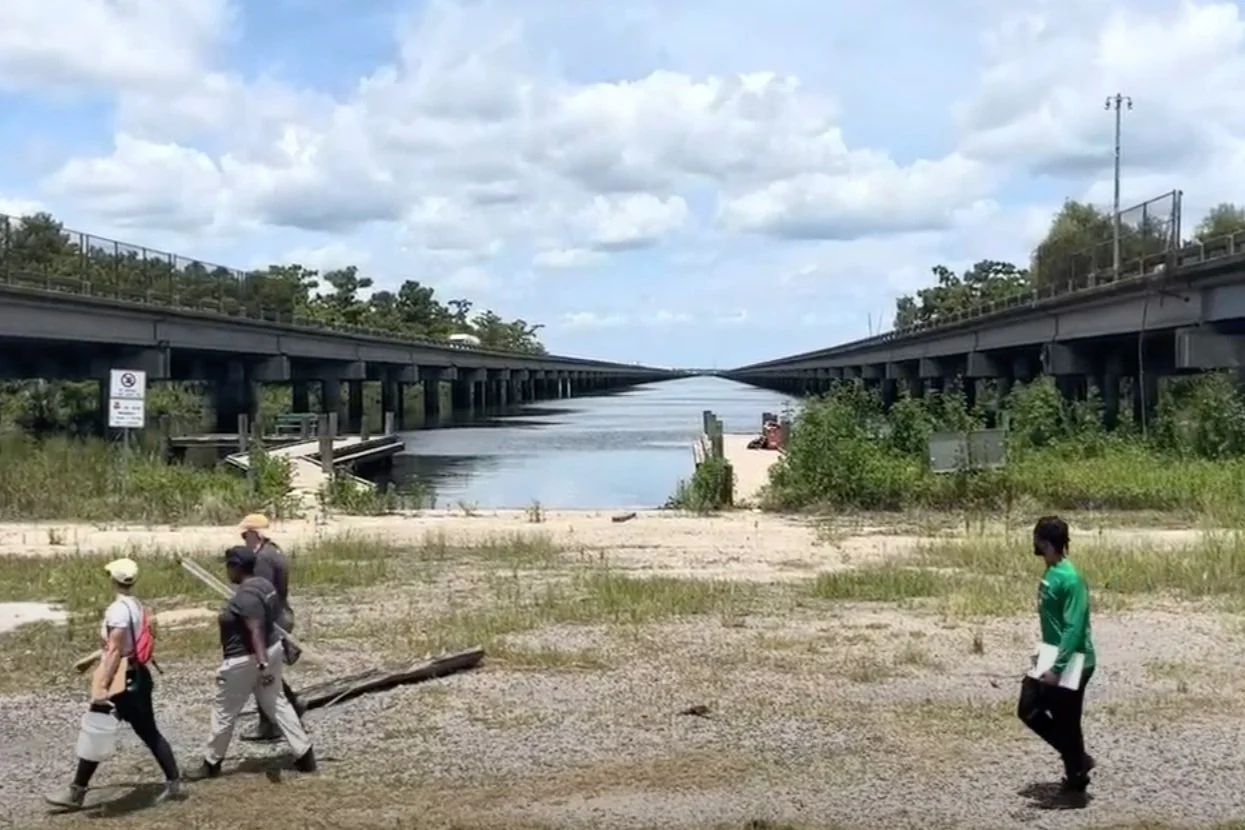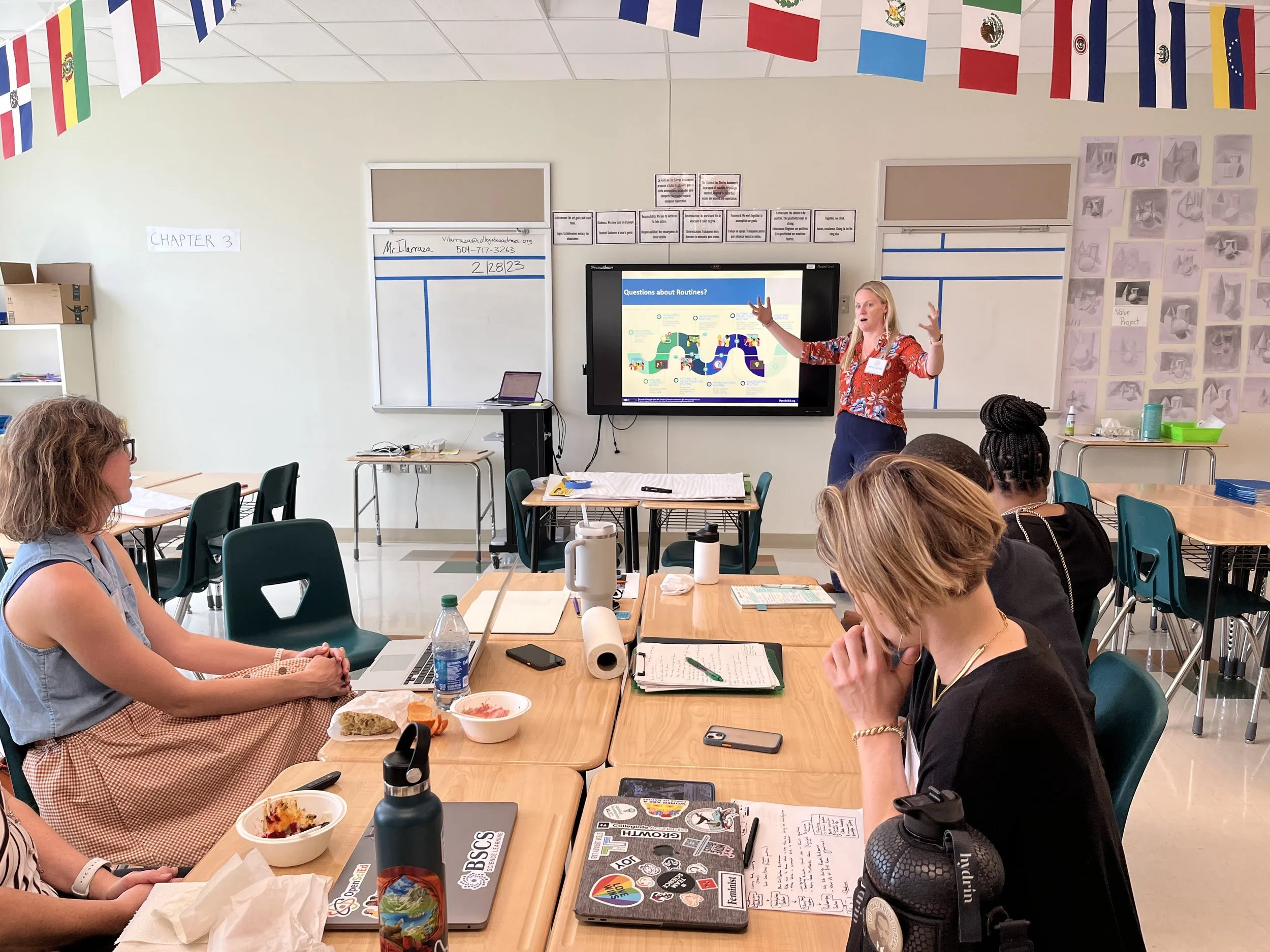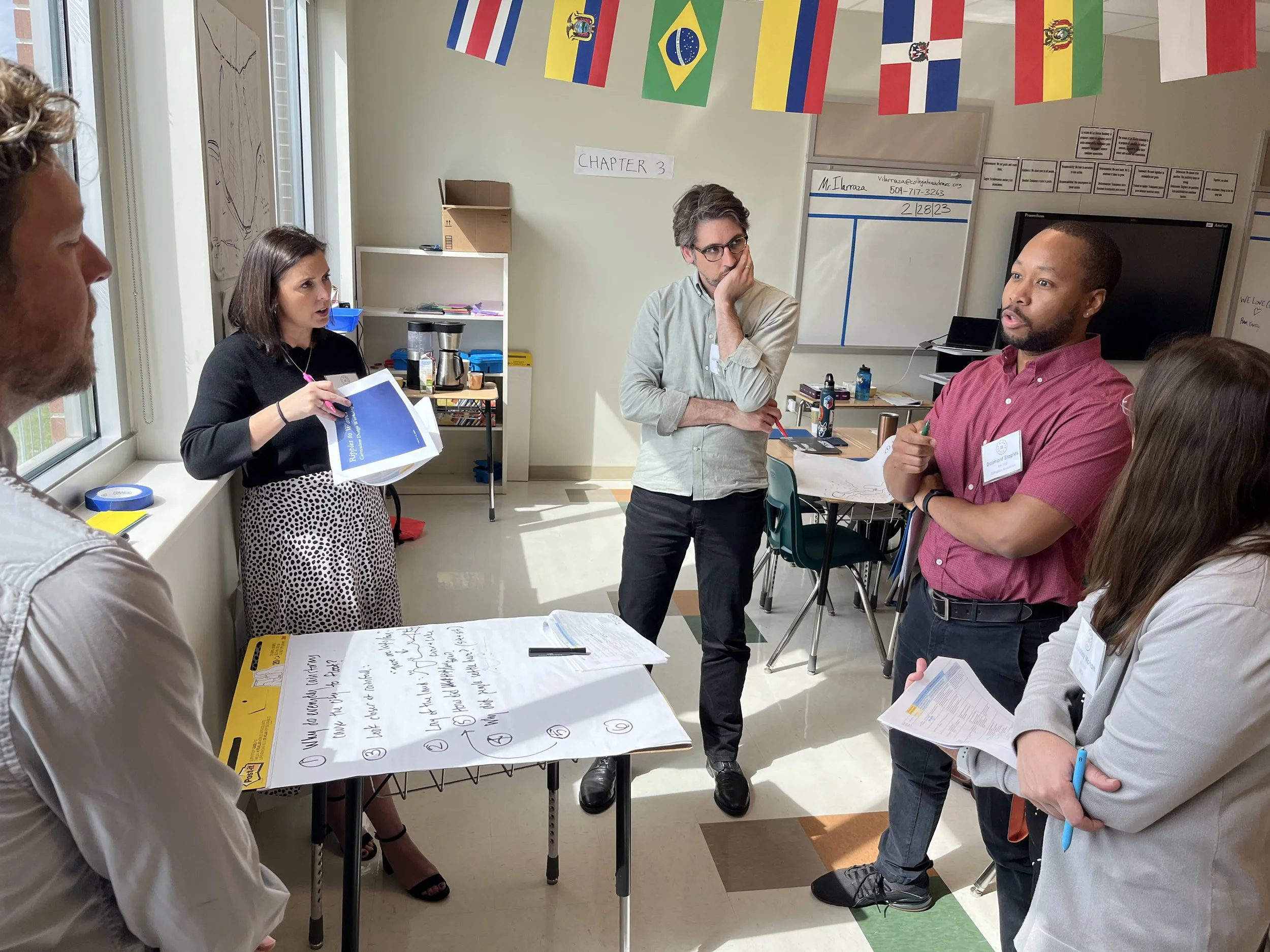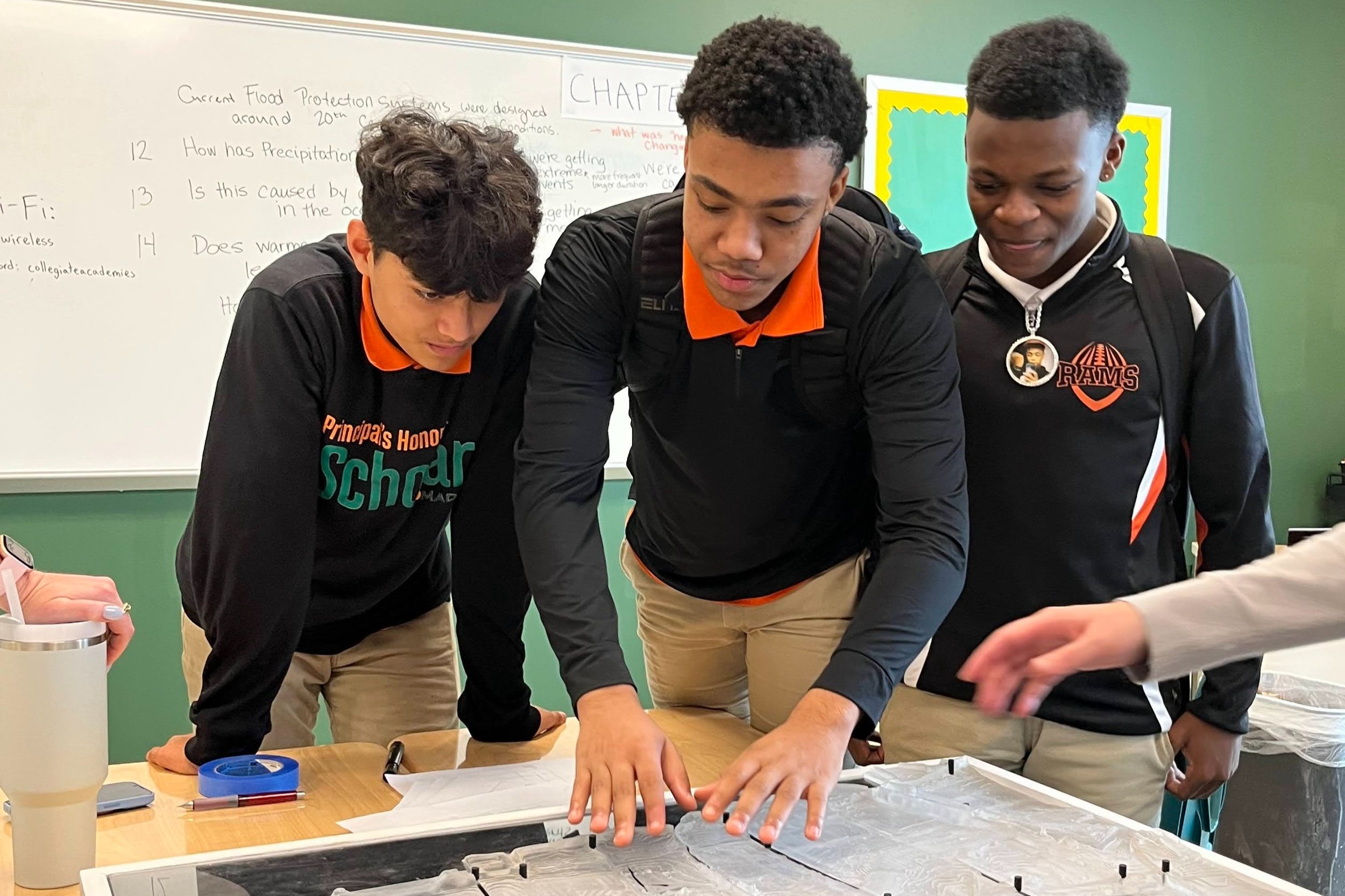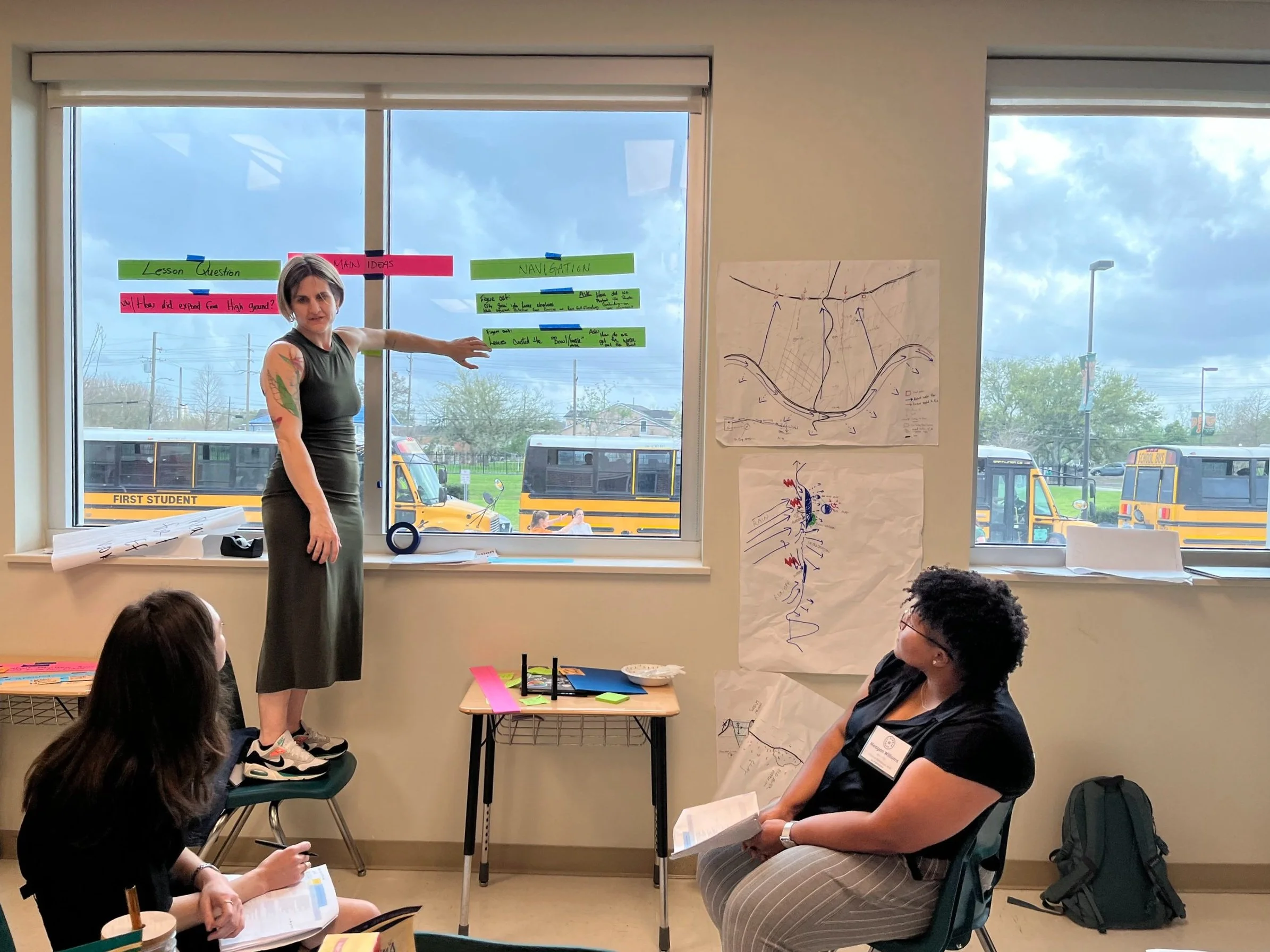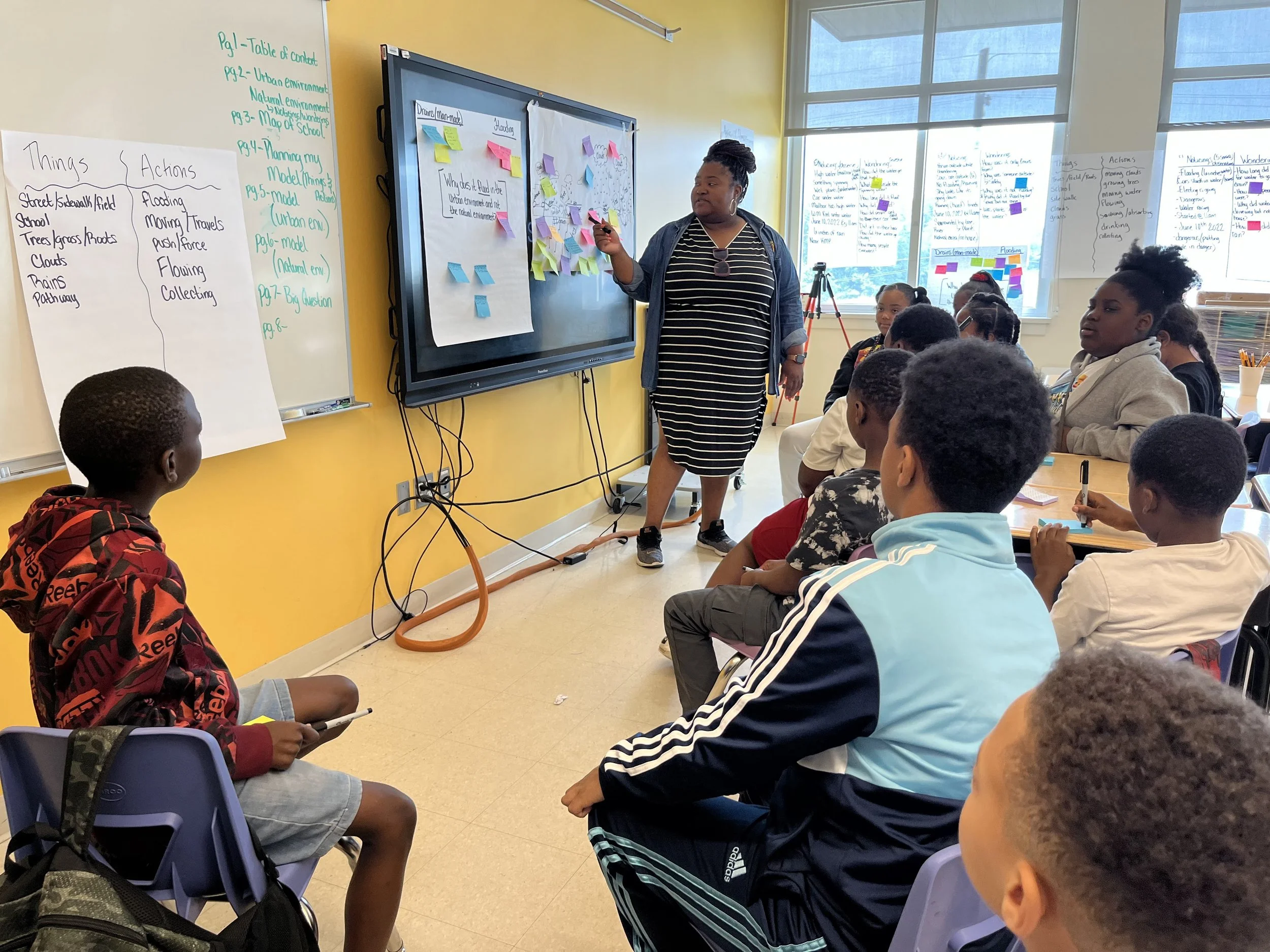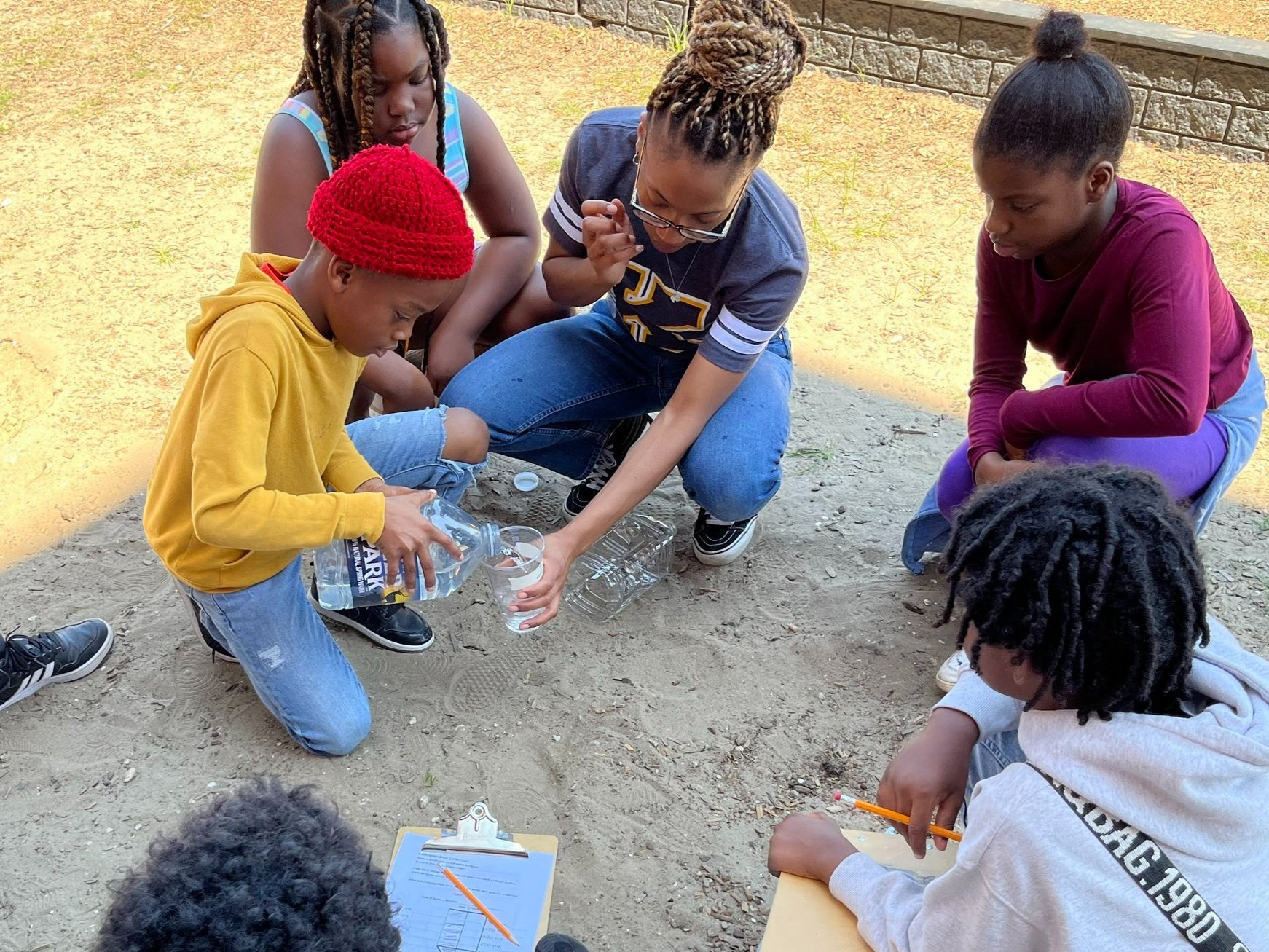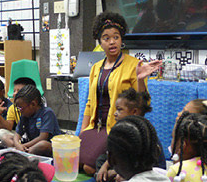Curriculum Design
We lead multi-stakeholder design processes that combine expertise in instructional design with current science knowledge to develop curriculum about locally relevant water issues.
Challenges we see
High-quality, research-based Tier 1 curriculums are an important tool for schools and districts committed to providing NGSS-aligned science instruction. However, Tier 1 curriculums have been developed for a national audience and therefore do not address locally relevant environmental issues. Furthermore, climate-related water issues are inherently complex and include historical, cultural, and ethical dimensions not easily addressed through standard forms of science curriculum.
Our approach
We lead multidisciplinary teams of educators, scientists, education researchers, and community leaders to develop and test place-based curriculum about local water issues.
Adapt existing—or develop new—curriculum using the OpenSciEd instructional model
Incorporate local knowledge from academic and community experts to authentically represent the complexity of present-day water issues
Collaborate with storytellers to convey socioecological water issues in ways that are resonant with students and their life experiences
Work with partners in the visual and performing arts to explore science and arts integrations that address the sociopolitical, ethical, and cultural dimensions of water issues
Integrate field-based investigations into curriculum storylines so that students are “doing science” just like scientists
Field-test and refine new curriculum with real teachers and students
Our Curriculum Design Projects
Bringing elementary school teachers and students into the field
Standards-aligned water literacy courses for high school
Continue exploring our vision for water literacy education in the areas of teacher learning, field-based learning, and strategic partnerships.
Make it stand out.
Want to stay in the loop on water literacy?
Sign up for our newsletter to receive quarterly updates.


